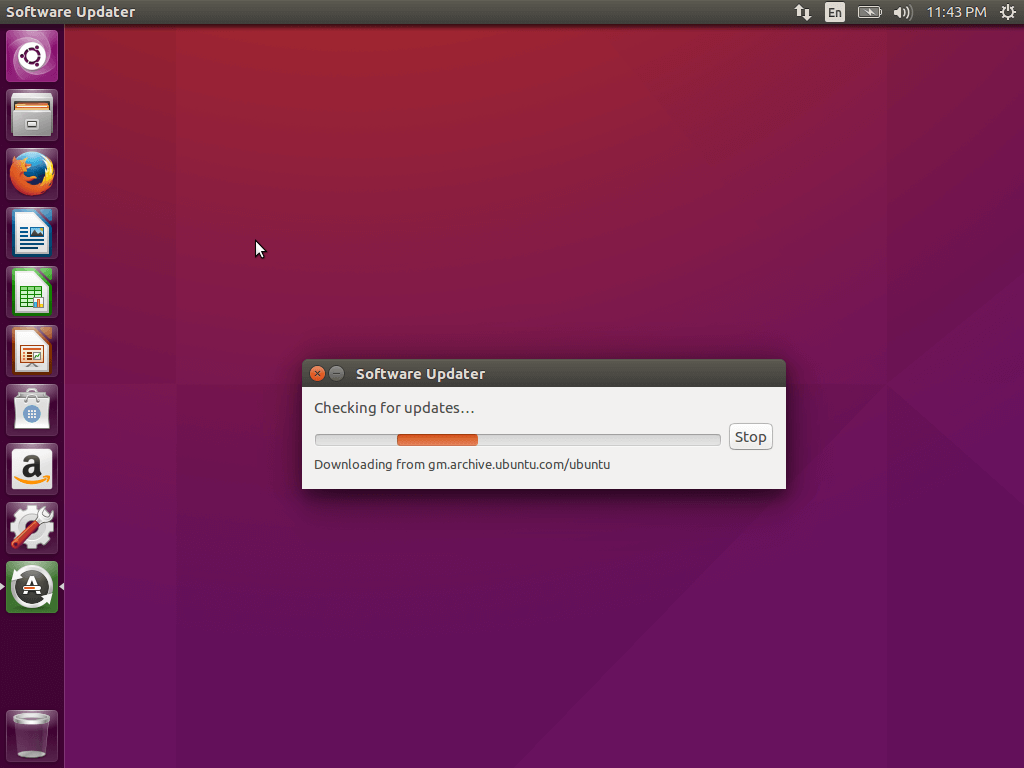
p12 file, as well as a new passphrase for encrypting the key in your database. You will be asked for the passphrase for the private key in the. After that is copied, type the following: $ smime_keys add_p12 /path/to/your-backed-up-cert.p12 "ca-bundle.crt" is provided by a number of packages, and you can find it on the internet should it not already be installed. After which, you will need to copy "ca-bundle.crt" to "~/.smime/". This should create "~/.smime/", "~/.smime/certificates/" and "~/.smime/keys/". You will need OpenSSL installed before you can begin: $ smime_keys init On the machine that you will be running Mutt from, you will need to issue a few commands to get your environment setup correctly before you can start using the certificate. Then, copy the certificate to the machine that will be running Mutt. Just navigate to the certificate using your browser's menu, and backup the certificate (both the private and public keys) to some local directory on your machine. Once you get the email about the certificate, when you click the link to open it in your browser, it will install your certificate in the browser. I had my SSL cert in less than 5 minutes, and it's good for a full year, and it was free. I'll just assume you have it created already.įor S/MIME, you will need to generate an OpenSSL certificate, signed by a centralized certificate authority. There is a wealth of documentation on the internet that discusses this, so I won't cover that here. For GnuPG, I will need to generate and save off my public key pair. Obviously, for both configs, I will have needed to setup cryptographic keys. Both of these configs can be found as example files in "/etc/Muttrc.d/" on Debian. The personal account sources the gpg.rc config, while the work account sources the smime.rc config.

So, let's take a loot at the relevant parts of "~/.mutt/personal.rc" and "~/.mutt/work.rc": # ~/.mutt/personal.rc So, I have two accounts: "" and "" (those are actual URLs to your accounts, whether they be GMail, Yahoo!, or whatever.

Source ~/.mutt/personal.rc # use this as the default account when Mutt executes As a result, here is the relevant parts of my ~/.muttrc: # ~/.muttrcįolder-hook "" "source ~/.mutt/personal.rc"įolder-hook "" "source ~/.mutt/work.rc" In my "~/.muttrc", I have my accounts separated into two files, so I can set specific options for each account that don't affect the other. Before beginning, however, you need to have the development version of Mutt (1.5.x) and it needs to have S/MIME support compiled in (which is the default for Debian/Ubuntu). If you have two accounts that you use with Mutt, and one of them you would like to use your OpenPGP key for signing mail (PGP/MIME), and the other you would like to use an OpenSSL certificate for doing the same (S/MIME), then this post is for you.


 0 kommentar(er)
0 kommentar(er)
